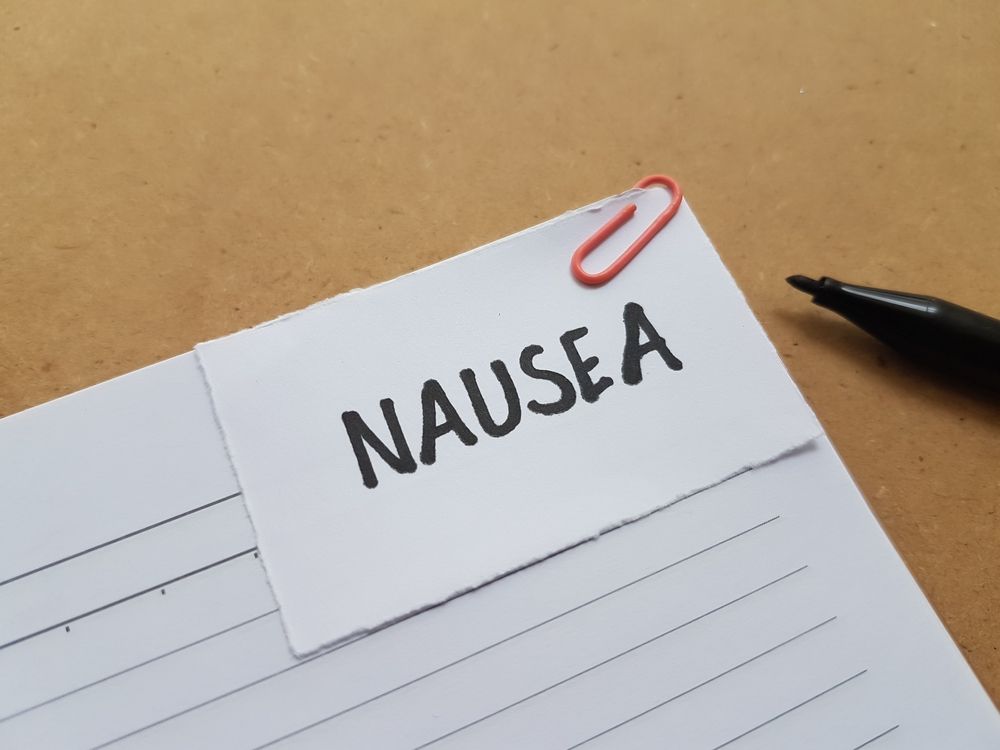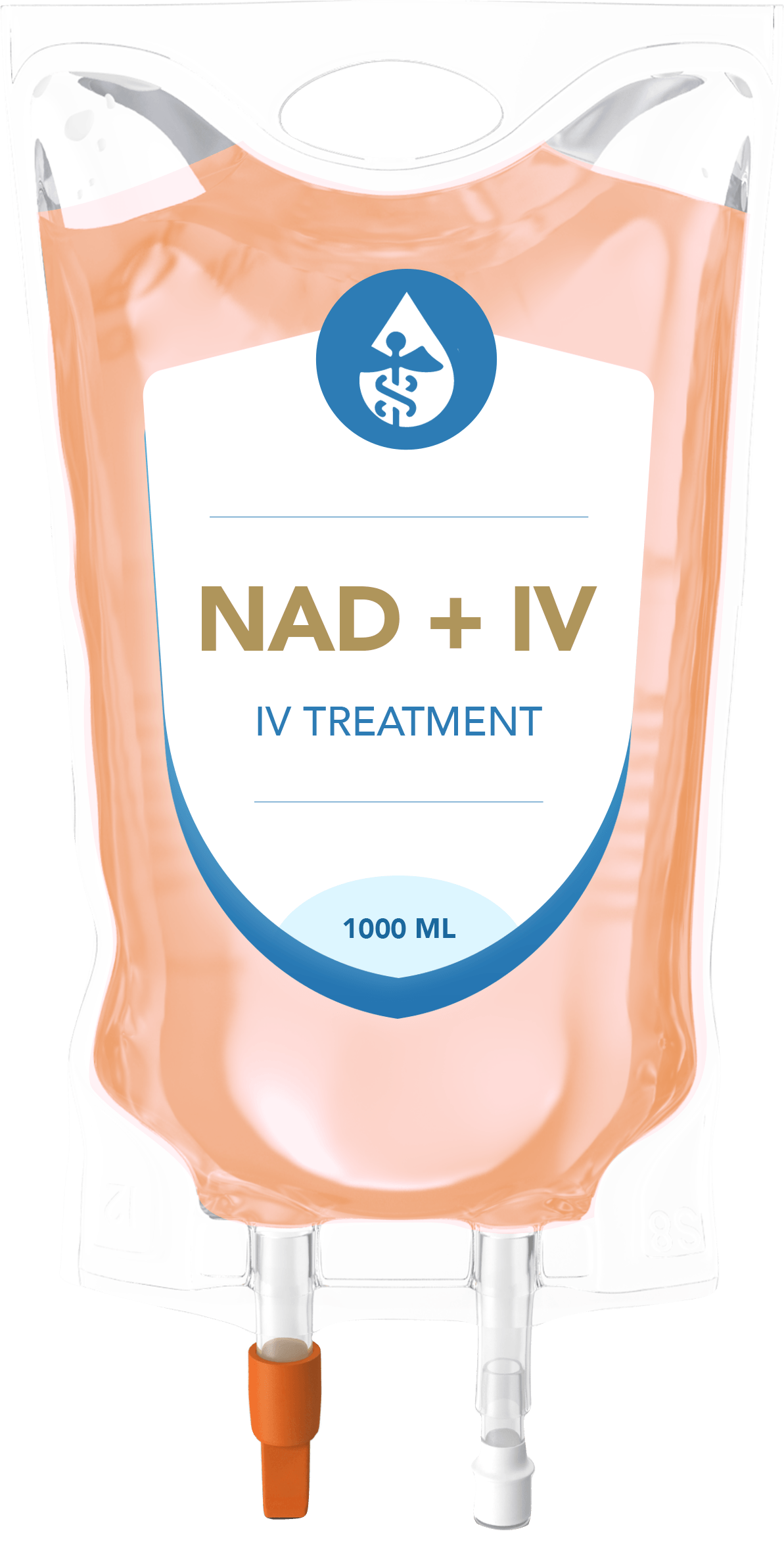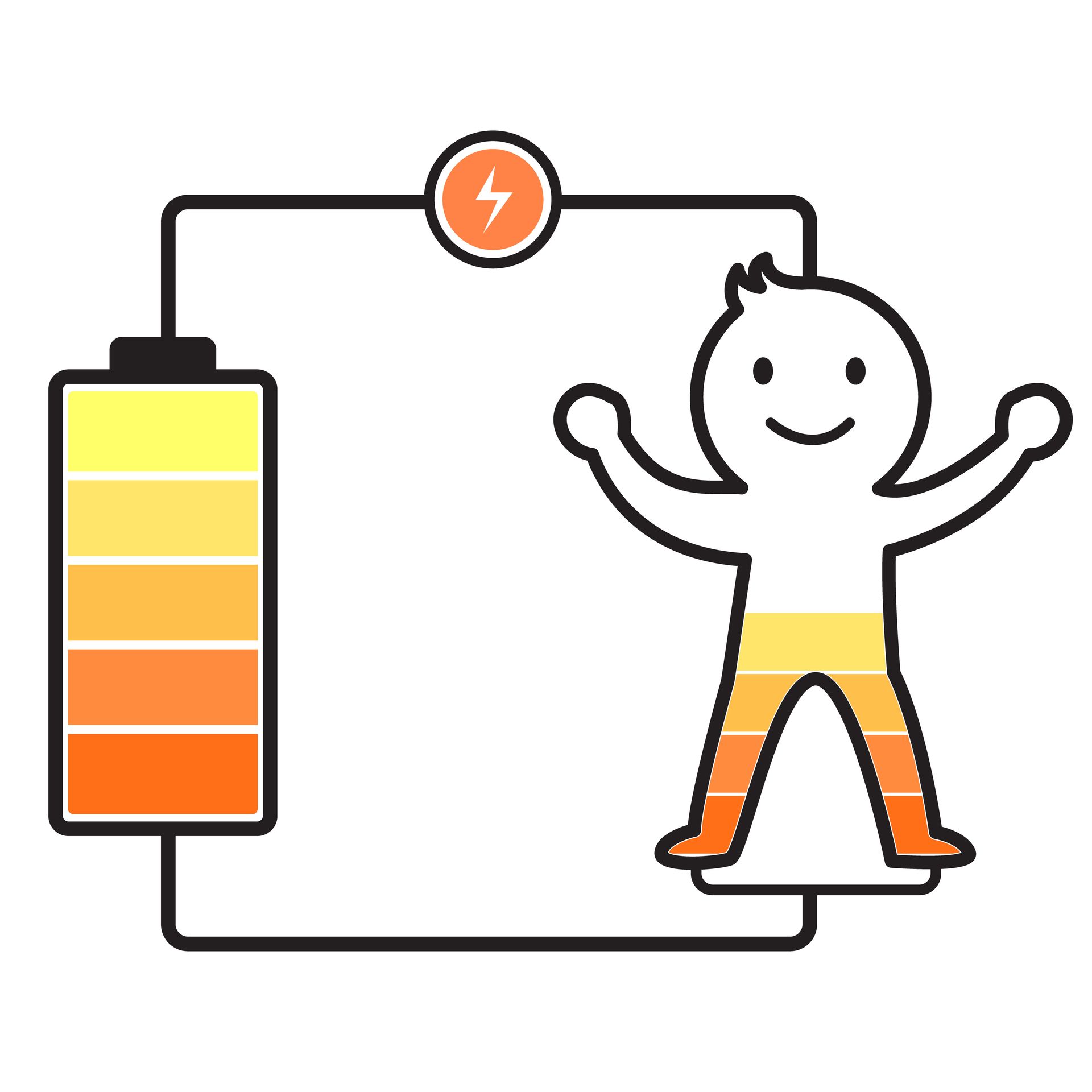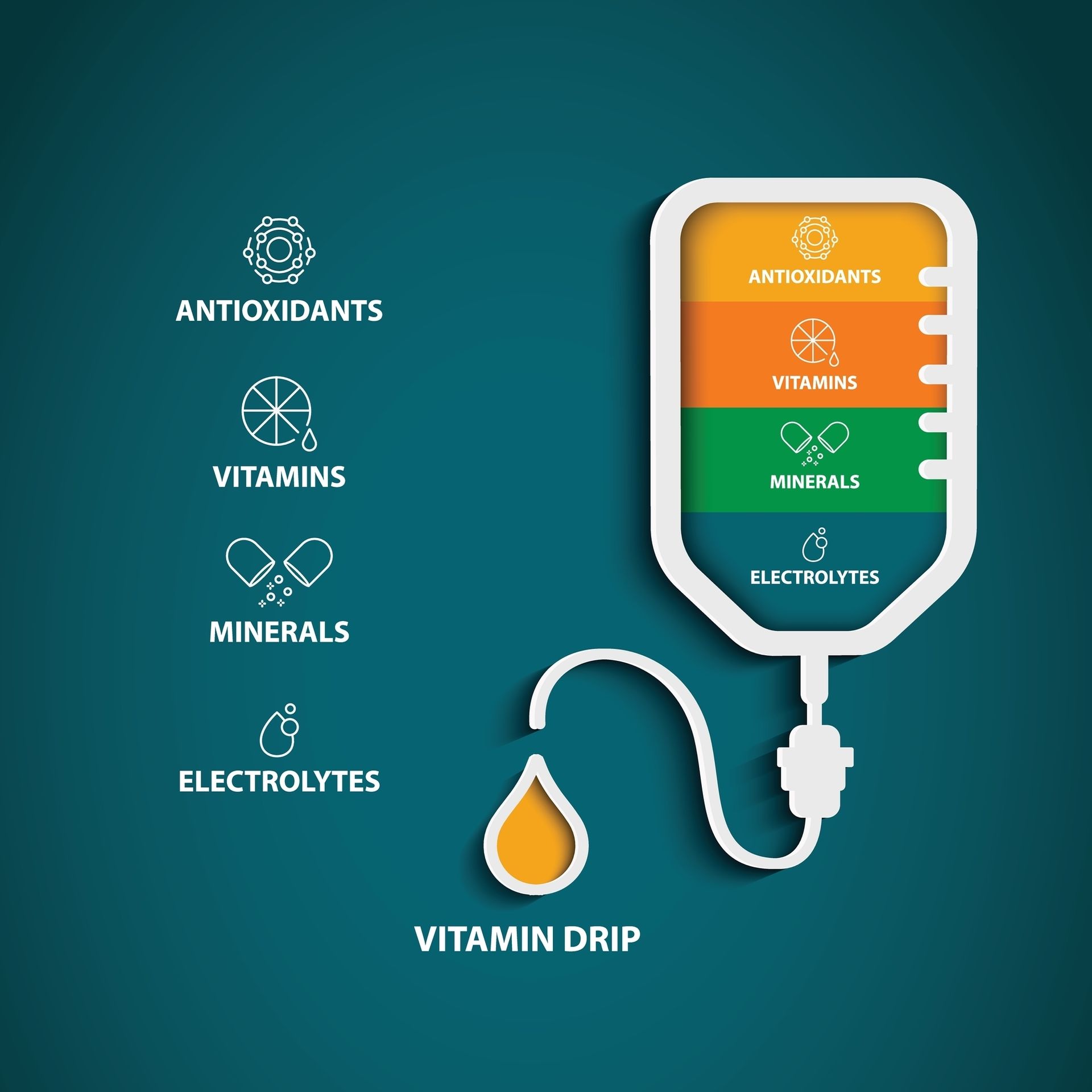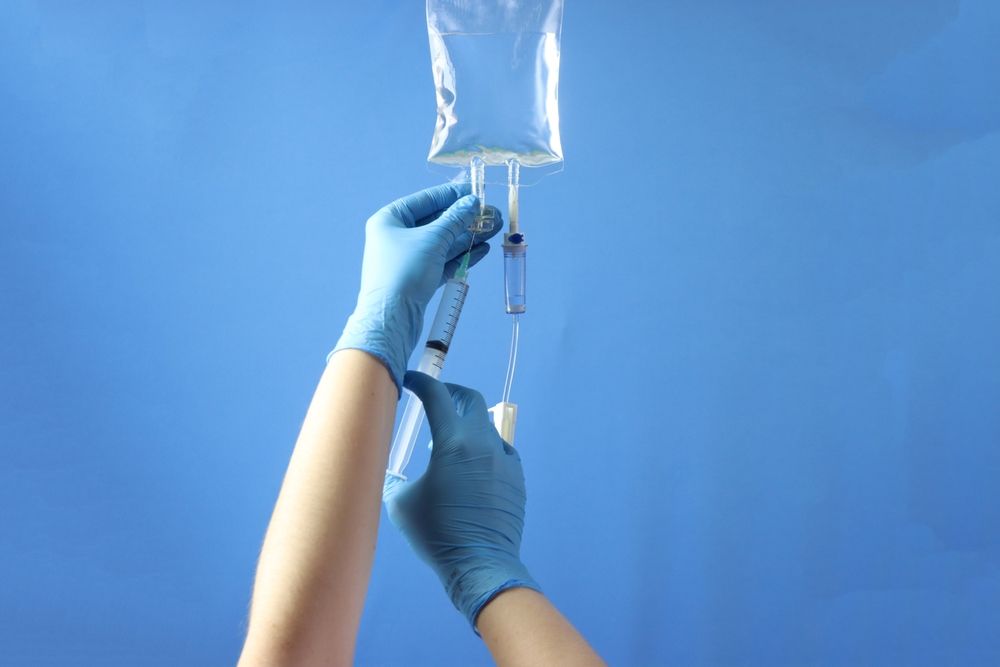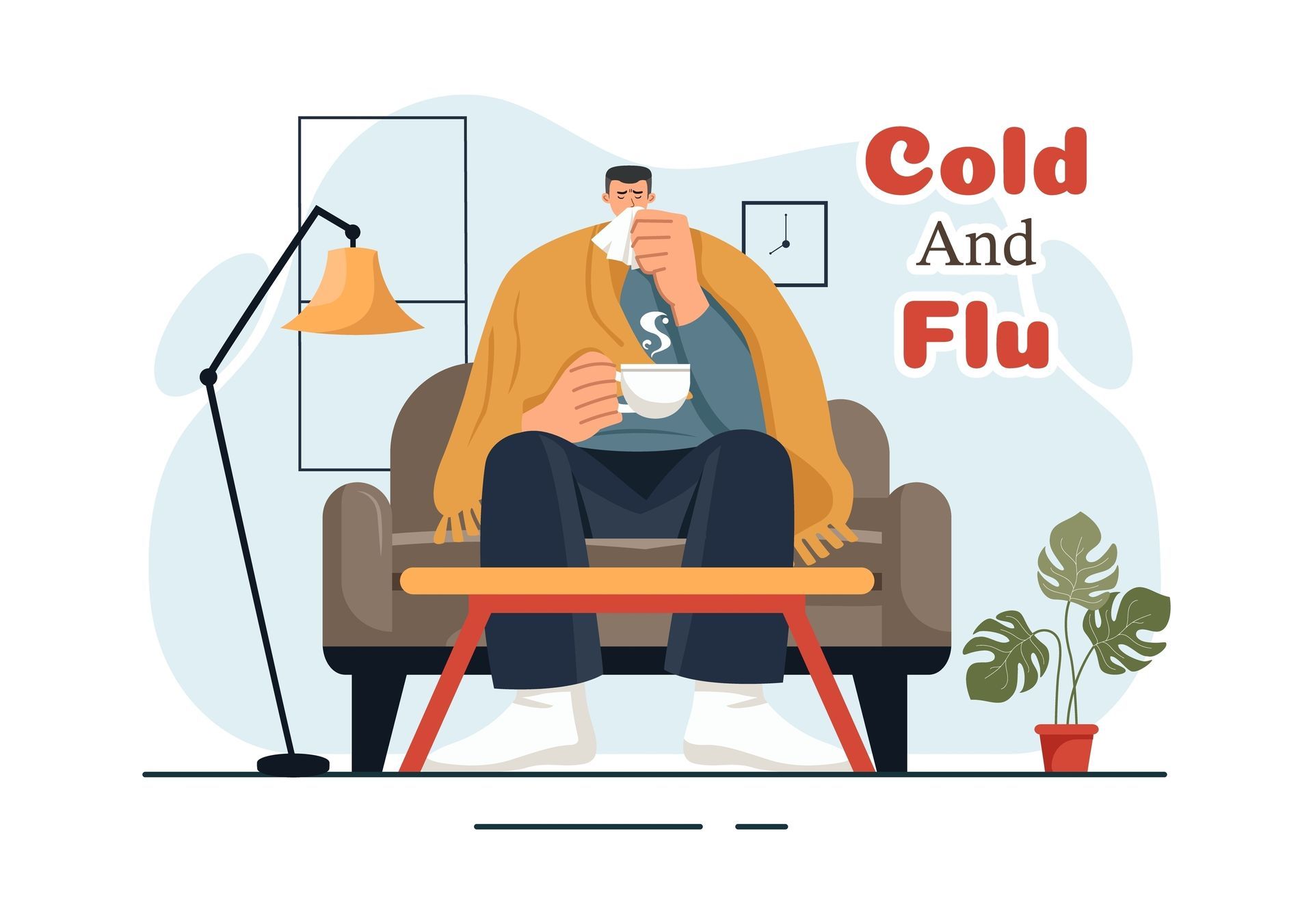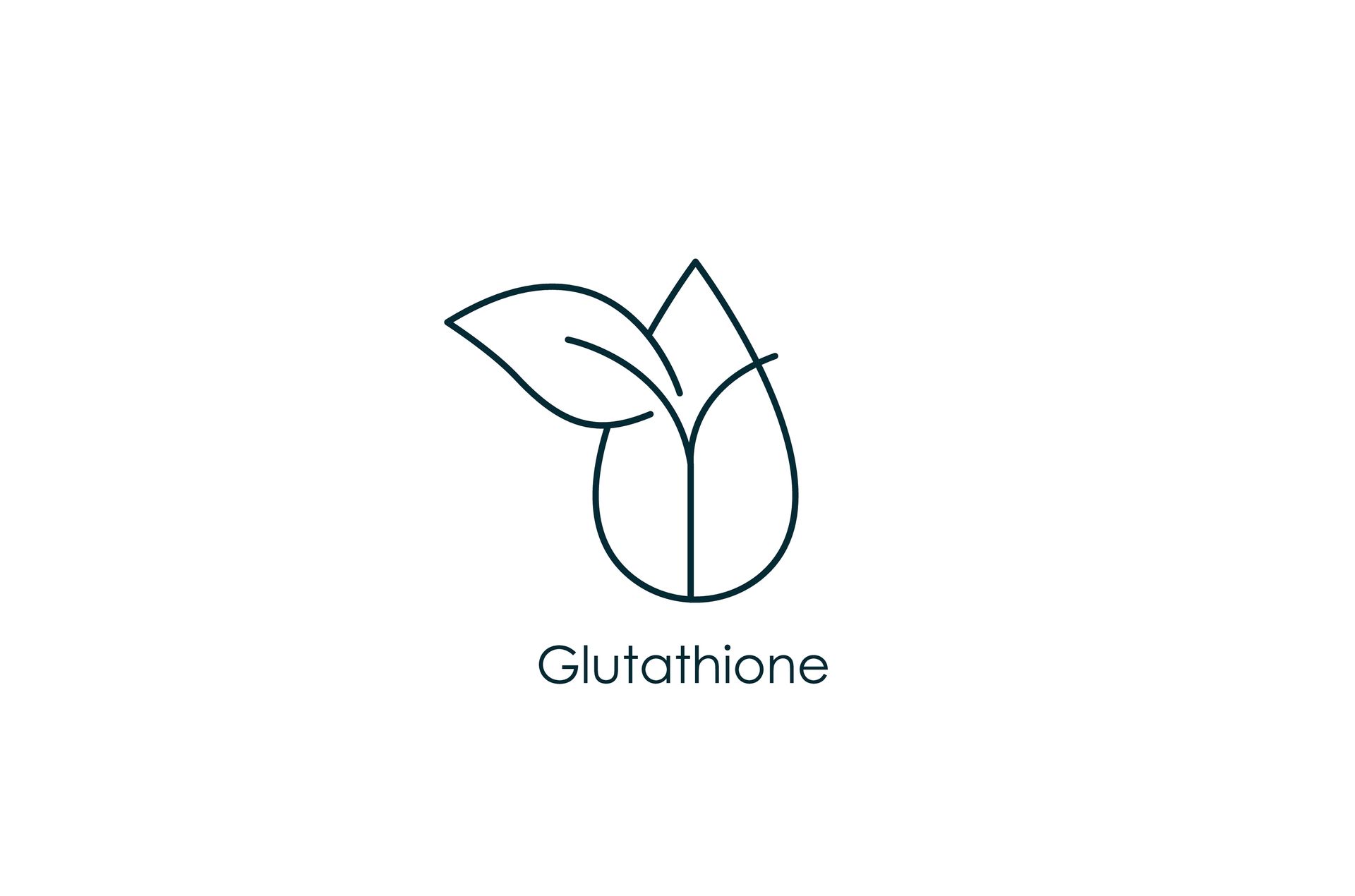Articles and Information
Banish Hangover Symptoms Fast: The Science Behind IV Therapy for Quick Recovery

Banish Hangover Symptoms Fast: The Science Behind IV Therapy for Quick Recovery
Hangovers can turn a fun night out into an agonizing day of discomfort. Many people are constantly searching for ways to reduce the unpleasant symptoms that follow a night of drinking. One rising solution is Intravenous (IV) therapy, which promises rapid recovery from hangover symptoms. This article will explore the science behind hangovers and how IV therapy can help you bounce back quickly.
Understanding Hangovers: Causes and Symptoms
The Science of Hangovers
A hangover is more than just a headache. It’s a complex physiological response to alcohol consumption. Ethanol, the active ingredient in alcoholic beverages, affects the body in several ways. It acts as a diuretic, leading to dehydration, and it alters the balance of electrolytes in the bloodstream.
Moreover, when the body metabolizes alcohol, it produces acetaldehyde, a toxic compound that contributes to feelings of nausea and anxiety. The combination of dehydration, electrolyte imbalance, and toxic byproducts creates the perfect storm for hangover symptoms. Additionally, alcohol can disrupt sleep patterns, preventing the body from entering the restorative stages of sleep. This lack of quality sleep can exacerbate feelings of fatigue and irritability the following day, making hangovers not just a physical challenge but a mental one as well.
Common Symptoms of Hangovers
- Headaches and migraines
- Nausea and vomiting
- Fatigue and weakness
- Thirst and dry mouth
- Dizziness and light sensitivity
- Muscle aches
These symptoms can set in anywhere from a few hours to the next day after consuming alcohol, depending on various factors such as the amount of alcohol consumed and individual tolerance levels. Furthermore, certain types of alcoholic beverages may contribute to more severe hangovers due to their congeners—byproducts of fermentation that can intensify the hangover experience. Darker liquors like whiskey and red wine typically contain higher levels of congeners compared to lighter options like vodka or white wine, which may explain why some individuals feel worse after specific drinks.
In addition to the physical symptoms, hangovers can also have a significant impact on cognitive function. Many people report difficulties concentrating, memory lapses, and decreased overall mental clarity during a hangover. This cognitive fog can hinder daily activities, making it challenging to perform tasks at work or engage in social interactions. Understanding the multifaceted nature of hangovers can help individuals make more informed choices about alcohol consumption and its potential effects on their health and well-being.
The Basics of IV Therapy
What is IV Therapy?
IV therapy involves administering fluids, electrolytes, and nutrients directly into the bloodstream through a vein. Healthcare professionals usually perform this procedure, ensuring that the right balance of substances is available for whatever condition is being treated.
Originally developed for hospital use, IV therapy has recently gained popularity for wellness and cosmetic purposes, including hangover recovery. This method allows for quick absorption of nutrients and fluids, making it an effective remedy.
How Does IV Therapy Work?
IV therapy operates on the principle of delivering hydration and essential nutrients directly into the circulatory system. When individuals consume alcohol, their body struggles to absorb water and nutrients from food due to the dehydration caused by drinking.
With IV therapy, however, the body can bypass this absorption hurdle, rapidly replenishing the fluids and nutrients needed for recovery. This increased efficiency means that hangover symptoms can be alleviated faster and more effectively.
IV Therapy for Hangovers: The Science Explained
The Role of Hydration in Hangover Recovery
Hydration is critical in alleviating the symptoms of a hangover. Alcohol dehydrates the body, leading to many common hangover symptoms. By delivering fluids via IV, you can quickly restore hydration levels, helping to reduce headaches, fatigue, and dry mouth.
Moreover, rehydration helps the kidneys process alcohol and its byproducts more efficiently, speeding up recovery time.
Nutrients and Vitamins in IV Therapy
In addition to hydration, IV therapy typically includes a blend of vitamins and minerals, such as vitamin C, B vitamins, magnesium, and zinc. Each of these elements plays a vital role in metabolic processes and recovery.
- Vitamin C: Acts as an antioxidant and helps reduce inflammation.
- B Vitamins: Aid energy production and support brain function.
- Magnesium: Helps regulate nerve function and reduces muscle cramps.
- Zinc: Supports immune function and could help reduce the duration of hangover symptoms.
The Benefits of IV Therapy for Hangover Recovery
Speedy Recovery: How Fast Does IV Therapy Work?
Many individuals who undergo IV therapy for hangovers report feeling relief within 30 minutes to an hour. The quick absorption of fluids and nutrients into the bloodstream allows for rapid alleviation of symptoms.
This expedited recovery can be a game-changer for those with busy schedules who can’t afford to lose an entire day to a hangover.
Long-Term Benefits of IV Therapy for Frequent Drinkers
For those who frequently indulge in alcohol, regular IV therapy may offer long-term benefits. Continuous replenishment of vitamins and hydration can potentially improve overall health and help mitigate the impact of alcohol on the body.
Some anecdotal evidence suggests that intermittent IV therapy may help prevent severe hangovers, giving frequent drinkers the ability to enjoy their experiences with less worry.
Safety and Side Effects of IV Therapy for Hangovers
Potential Risks of IV Therapy
While IV therapy can be highly beneficial for hangover recovery, it does come with potential risks. Depending on the individual’s health status, there can be complications such as infections, allergic reactions, or phlebitis at the injection site.
It’s essential to consult with a healthcare professional before undergoing IV therapy, especially for individuals with pre-existing medical conditions.
How to Safely Use IV Therapy for Hangovers
To safely utilize IV therapy for hangover recovery, follow these guidelines:
- Consult a qualified healthcare provider before proceeding.
- Choose a licensed facility with experienced professionals.
- Communicate any allergies or medical conditions.
- Ensure sterile techniques are used during the administration.
In conclusion, IV therapy presents a promising solution for individuals seeking quick recovery from hangover symptoms. By understanding how hangovers occur and how IV therapy can address their root causes, individuals may find a way to enjoy their nights out without paying the price the next day.
USEFUL LINKS
CONTACT US
If you think you may have a medical emergency, immediately call your doctor or dial 911.
This website does not provide medical advice. It is intended for informational purposes only. It is not a substitute for professional medical advice, diagnosis or treatment. Never ignore professional medical advice in seeking treatment because of something you read on the internet. These statements have not been evaluated by the Food and Drug Administration.
© 2021-2024 All Rights Reserved | Powered by OMG Marketing


